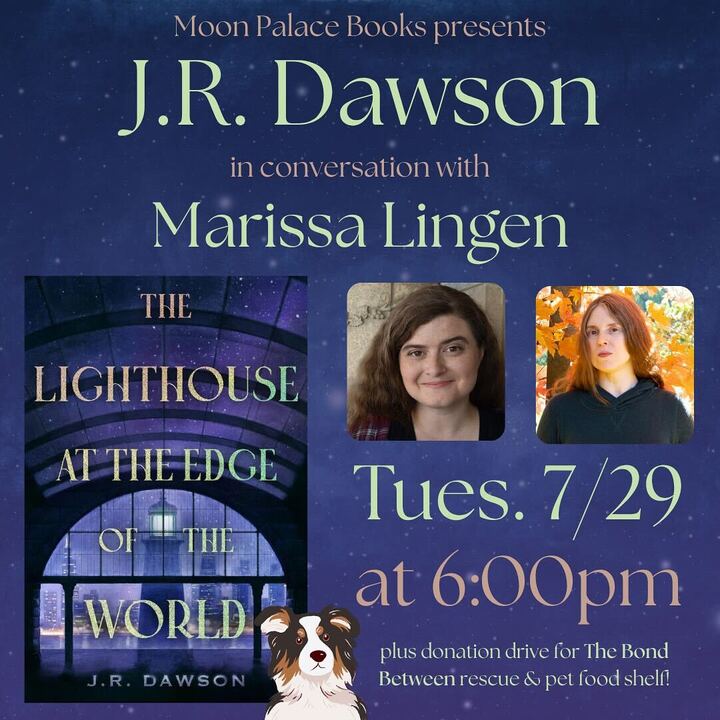Tumblr crosspost (4 February 2025)
Jul. 4th, 2025 10:49 amMy feelings are … more complex now. Where Spock’s character growth was randomly rewound in TMP for unexplained reasons, Wrath of Khan!Spock feels more of a projection into the future. He’s older, steadier, and less repressed, while still retaining the composure and dignity that are so personally and culturally important to him. His sense of humor is still dry but less buried and harsh, he’s reserved and unflinching in a very Spock way, but it feels healthier and more integrated than he was capable of before. I don’t get the impression that he’s at all ashamed of what he feels for Kirk at this point, nor ashamed of much at all.
I feel like we see how far Spock has come from his early shame and denial, for instance, when Kirk, McCoy, and Saavik go to beam to the research base. There’s this less-repressed-than-formerly-but-still-powerful intensity in Kirk and Spock's farewell that, as ever, gives the distinct sense that everyone else just ceased to exist for them. Spock says outright, “Be careful, Jim” and it’s very adorable and relatively open by Spock standards. And then professional hater McCoy is like … oh, so am I chopped liver? while Saavik is just ????? and it’s hilarious and just feels very recognizable.
[ETA 7/4/25: this is still roughly my opinion after re-watching the other TOS movies, with one large caveat I struggled to fully articulate at first. Both TOS and TMP emphasize that an overwhelmingly Vulcan Spock is not true to the fuller reality of who Spock is and is not psychologically healthy for him. The lifelong pressure he's been under to compress himself into someone who could fit within an acceptably Vulcan identity is the source of his suffering and (gay-coded!) repression. His arc throughout TOS, which is then repeated and finalized in TMP, was all about him finding a path out of this repressed, ashamed existence, a path in which he doesn't need to renounce the ways he's Vulcan, but can accept himself in a healthier, more balanced way than Vulcan culture or his own hang-ups were ever going to allow. The essential tension of TMP pivots on this far more than on anything to do with Kirk, and culminates in Spock refusing to return to seek approval on Vulcan, and instead staying with Kirk and going to Earth—this is symbolic, not just a plot detail. Spock has struggled to prove himself a true Vulcan, even while choosing Earth/humanity at essentially every fork in the road: joining Starfleet instead of the VSA, serving on a human Starfleet vessel instead of the Vulcan ones that exist in TOS, refusing alternative, more Vulcan-typical opportunities like with Kollos because he insists his life is on the Enterprise, breaking his kolinahr when Kirk and V'ger unintentionally reach out, and finally confirming all these decisions in that refusal to go back to Vulcan.
But the two Meyer films, The Wrath of Khan and The Undiscovered Country, are more inclined towards idealizing Spock than the other films (and certainly more than TOS), and idealizing him specifically in Vulcan terms. Both lean into this largely idealized Spock who is essentially the face of Vulcan maturity, driven by Vulcan philosophies he never mentioned and rarely adhered to previously, and don't really engage with how deeply trying to be an ideal Vulcan has been a source of pain and real harm for him, nor with his arc largely involving movement away from overriding identification with Vulcan and towards identification with his relationships to other people, especially Kirk. In both, Spock's relationship with Kirk is more ambiguous than in the other films, despite still being very important. The major exception to this "Vulcanizing" of Spock without much sense of its costs is the death scene, where the glass between Spock and Kirk gives shape to the price of his emotional distance—and honestly, it was unsurprising to discover that the idea for that came from Shatner, not Meyer. As powerful as the death scene is, Spock's side of the dialogue is rather odd to me in characterization terms, especially after TMP; the idea that he'd address Kirk as Admiral at such a moment rather than Jim, the kind of generic "don't grieve" sentiment that has little to do with any particulars of their relationship. Much of the power of the scene comes from the cinematic language and the absolutely superb performances, IMO.
But then, my fandom heresy is that I actually think The Final Frontier does a much better job than The Wrath of Khan of credibly showing a Spock who has come to terms with his hang-ups around his culture and family and feelings and relationships, and can insist on the whole person he is now, while remaining very much recognizable with Spock's distinct quirks. He's still capable of fucking up in very Spock ways and being characteristically petty and defensive about doing so, but he's also grown beyond Sybok and Sarek and proving himself as a Vulcan on a very fundamental level, without cutting out any part of what makes him who he is. Godslayer Spock > perfect Vulcan ideal Spock! In any case, though, I do feel that Meyer's Spock is pretty deeply disengaged from the basic direction of his arc in TMP and TOS and, like with Kirk, much more influenced by the pop culture perception of him than the details of his original characterization. It's not terrible but it is noticeable, and that swerve has strongly influenced the perception of Spock as a character over time, including in his original incarnation. I like seeing Spock live his best life in TWOK, to be sure, but I do think the execution is conceptually flawed.]
( Read more... )

